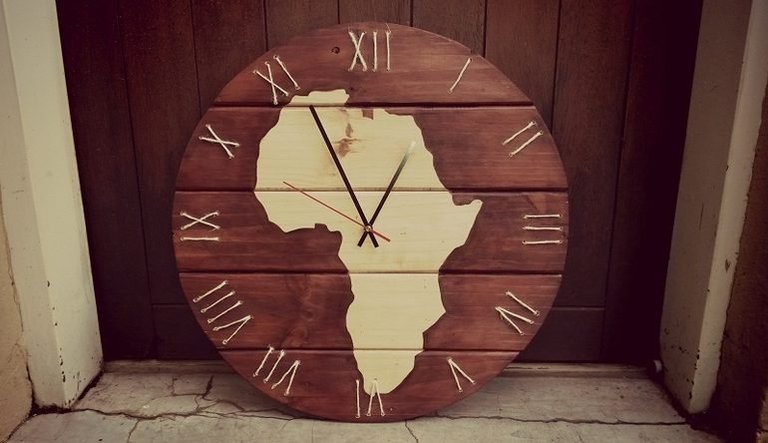
African Time
It was 12:55 pm already. The wedding reception was to commence by 12 pm.
Mama Vera was still having her make up done by the makeup artist she hired to dress her for the wedding.
Her gele had not yet been tied when her daughter entered the room to hurry her up. She refused to hasten up as in her words, "they would not start early. After all, it was African time everyone followed".
Her daughter was berated but waited nonetheless. By the time Mama Vera was done dressing up, coupled with Lagos traffic, they arrived the venue for the ceremony by past 2 pm. And indeed, the ceremony looked like it had only just commenced in full swing.
Vera was disappointed but her mother had the knowing look, with a smirk that said: "I told you."
The concept of African time is one that connotes that people (Africans and Nigerians in particular), never show up for an event at the time for which it is fixed.
It seems to assume that Africans have a different sense of time that is late- LATE!
African time is the excuse for tardiness. It is the bad habit of lateness that many Africans have imbibed.
Thus, it is not surprising to fix a ceremony for 12 pm and be asked if you mean the actual time or African time, by a typical African. This question is to confirm the need to come early (shortly before the exact time or few minutes after) or late (say an hour after the fixed time).
I have realised that Africans use African time mostly in attending ceremonies. Perhaps, based on the fact that these ceremonies as a matter of practice and experience, hardly ever start at the exact time for which they are fixed.
Usually, logistics and planning poses a delay to the early commencement of the events.
However, this does not justify the idea of 'African time' as it seems to promote late coming and portray Africa as a continent with a bad sense of time.
Time is a universal concept. And except for the differences in timezones, the concept of time is one and the same in every continent.

African time is simply a mentality that should be discouraged. Let's not preach it. Let's not practice it. Let's not pass it on to our generations to come.
- Chizaram Opara

